Risk Control Technologies (RCT) was founded with the aim of making loss control professional’s lives easier. The company has positioned itself as the leading provider of loss control and safety software to the insurance industry in North America.
Since its founding, RCT has expanded its solutions further to enable insurance carriers to achieve their risk management objectives by reducing claims, increasing customer engagement and retention, and harnessing powerful data insights that guide predictive decision making.
Staying competitive
According to David Da Costa, CEO of RCT, insurance companies are facing three major challenges: executing digital transformation initiatives, reducing claims and simultaneously improving loss ratios, and differentiating their business to be competitive.
Limited resources and project capacity, Da Costa said, make it difficult for insurance organisations to digitise. “They have to balance the top priority projects, with the lowest risk projects, while getting the fastest time to value for multiple departments. This is no easy task!”
In addition, despite the fact that reducing claims is the most direct way to impact a company’s bottom line, Da Costa said that finding ways to do this is becoming increasingly difficult. “The industry is continually battling the objective of lowering loss ratios to maximise profitability. Everyone mostly agrees that aggregating high volumes of critical data and then using sophisticated analytical tools and skilled people are the answers. But the question remains, how will they execute this?”
What’s more, insurers are battling to create differentiated services to retain customers and stay competitive. “Insurers are coming under extreme pressure,” Da Costa said, “they face increased competition, mergers and acquisitions that create financial bully-power, alternative insurance models, and a stream of InsurTech start-ups. To quote Charles Dickens, “It was the best of times, it was the worst of times”
The importance of loss control
Loss control is a risk management function with the primary objectives of reducing the probability of a loss occurring and reducing the severity of losses that do occur. Losses and the associated claims are the primary driver of profitability in an insurance company, which is measured by the loss ratio. Therefore, loss control is a critical component to an insurer, and a critical input to the underwriting process.
Da Costa explained that loss control has three key areas that benefit both the insurers and their policyholders: reducing and preventing risk, increasing customer coverage, and leveraging data to predict risk and proactively address it.
Historically, customers only interact with their insurance providers when there is a claim or an issue with their claim. Loss control interactions, on the other hand, are positive interactions that are designed to help and assist the customer to mitigate risk.
“Often, loss control is the only personal/physical point of contact between the customer and their carrier, and therefore it is a key component to customer satisfaction and by extension customer retention,” Da Costa said.
This is particularly critical in a climate where customers are expecting more from their insurer. “Customers feel valued when they are proactively being provided steps and ways to reduce their risks and possibility of a claim. Today, this opportunity is lost amidst highly manual, disjointed, and unsystematic operations,” Da Costa added.
Systemising and automating certain activities, however, can allow for insurers to reduce claims and improve their loss ratios by covering 100% of their book of business. Where typically, they only cover about 10% of their book of business, leaving the remaining 90% at risk due to a lack of loss control professionals, and inadequate time and budget to survey every customer.
This is where loss control data is critical, Da Costa said. Currently, underwriting and loss control departments often make very general and blanket statements to determine which of the 10% of accounts to service. Loss control data allows for informed decisions to be made.
“Data can answer extremely difficult questions that can’t be answered with confidence today. Questions like: Which accounts should be targeted and serviced first? Which accounts do we need additional data from? What LC data correlates to a high likelihood of a claim occurring? How effective is our pricing for their policies? What opportunities do we have to discount or incentivise?”
Pain points for loss control departments
Some of the major paint points in underwriting and loss control that RCT hears from its clients include the inability to find qualified personnel to replace an ageing workforce, limited access to resources to improve loss control systems and poor access to reliable data.
According to Da Costa, budget pressures and a lack of internal support to allocate sufficient resources make it difficult to recruit and retain for the loss control function. This results in a “devastating loss” of institutional knowledge.
“Invaluable subject matter expertise and institutional knowledge is lost when loss control professionals retire or move to a different discipline. Replenishing resources is time consuming and expensive as loss control professionals are difficult to find and recruit, and often roles remain vacant for six months or more.”
What’s more, loss control is being asked to service more customers to mitigate risk, but with fewer people and financial resources. “Front line loss control professionals waste hours with manual tasks, duplicating work and lacking modern digital tools to perform their tasks,” Da Costa said.
As previously mentioned, the quality of loss control data is critical. However, Da Costa said there is no standardization of data which leads to difficulty in capturing, analysing, and sharing data in a usable format across business units. “As a result, it is impossible to get a 360-degree view of your insured, in order to make intelligent data driven decisions to reduce claims, retain customers and compete to acquire new ones.”
Modernising loss control
In a bid to help companies tackle many of the aforementioned pain points, RCT’s Loss Control solution systematises activities, maximises coverage, and accelerates analytics in a low risk and quick time to value project. RCT RiskHub is a flexible and configurable platform for all lines of insurance, with minimal IT involvement that can be up and running in as little as three months.
Da Costa said that insurance companies of all lines of business and sizes come to RCT to help them modernise their loss control operations and prepare them for the future. RCT has expertise with carriers, brokers, risk pools and MGAs.
“We have customers operating in all lines of business in which loss control teams operate, including commercial, workers compensation, personal, marine, construction, oil & gas, and other specialities.”
Uniquely, RCT’s flexible configuration suite can be tailored to support all loss control functions and generate significant ROI. Da Costa explained that some of the company’s customers have entire loss control teams while others are just starting a loss control function. “Either way, they realise the benefits to systemise and expand coverage, while reducing claims and loss ratios,” he said.
Insurance organisations trust RCT because the company reduces risk and losses with its modern platform, with rapid time to benefit. Most importantly, RCT guarantees its success.
Da Costa highlighted that RCT’s clients currently boast an average customer life of 20.3 years, 94% implementation satisfaction, 97% customer support satisfaction and a 101% retention rate.
Driven by its mission to find new ways to give insurance companies, their customers and employees peace of mind by predicting and preventing risk, Da Costa said RCT is continually refreshing its solution and introducing new features integrating the best data analytics, machine learning and AI software – to deliver a truly open, flexible and future-proof loss control platform.
“We’re excited for the future of loss control as every insurance provider out there begins to realise the potential of a modern loss control software platform to impact every aspect of their business, at near-zero risk to their company.”
Copyright © 2022 FinTech Global


